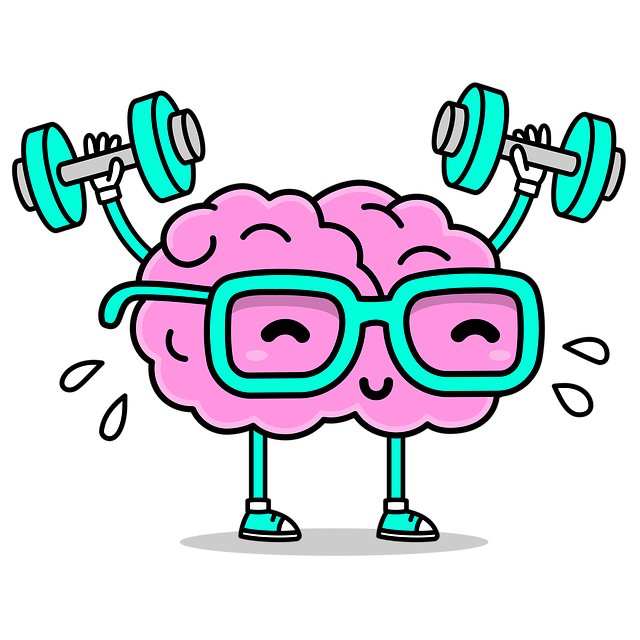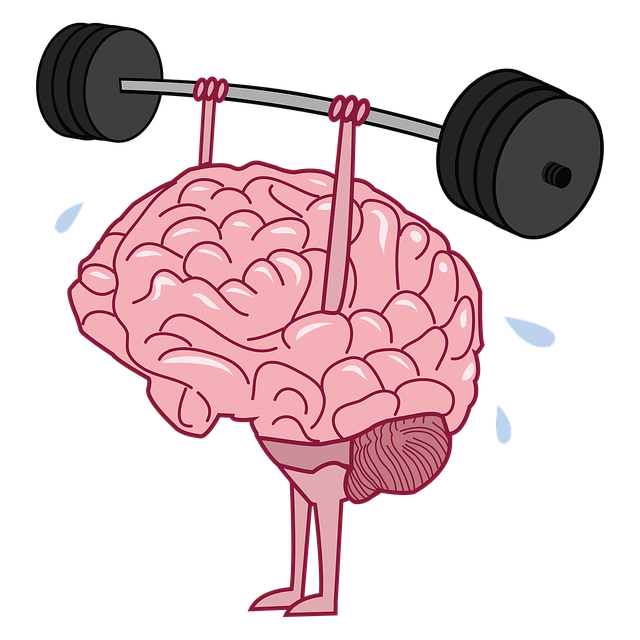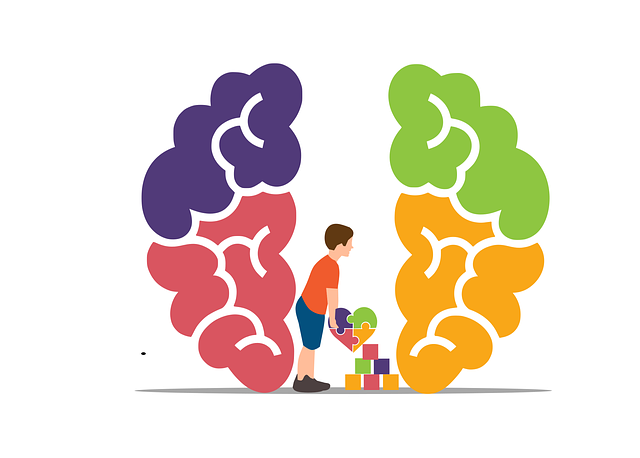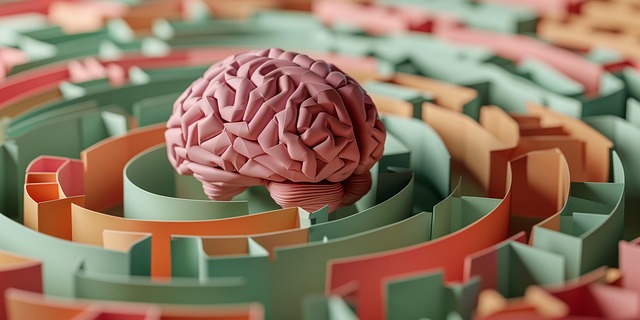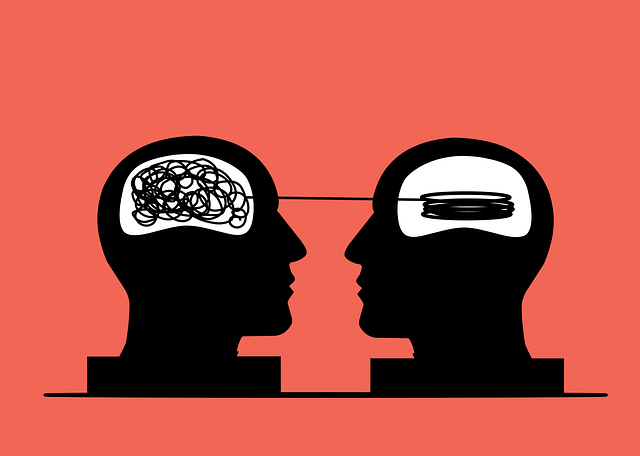Mental wellness journaling, as promoted by Lafayette ADD-ADHD Therapy, is a transformative practice that encourages individuals to explore their thoughts and emotions through writing. This method enhances emotional intelligence, aids in coping strategy development, and allows for tracking personal progress over time. By regularly reflecting on experiences and feelings, individuals cultivate self-compassion and develop healthier relationships with their minds, ultimately achieving improved mental wellness. Lafayette ADD-ADHD Therapy recognizes journaling as an effective method for building resilience and gaining insights into personal journeys, contributing to lasting personal growth.
“Unwind and embrace self-discovery through the powerful practice of mental wellness journaling. This transformative exercise, gaining traction in today’s fast-paced world, offers a serene sanctuary for cultivating mindfulness and personal growth. In this article, we explore the art of journaling as a therapeutic tool, highlighting Lafayette ADD-ADHD Therapy’s unique approach to tailoring these practices for optimal mental wellbeing.
Discover effective techniques to unlock your journal’s potential, fostering clarity and enhancing your overall mental wellness.”
- Understanding Mental Wellness Journaling: Unlocking Self-Reflection and Growth
- Lafayette ADD-ADHD Therapy: A Personalized Approach to Journaling
- Effective Journaling Techniques for Enhanced Mental Wellbeing
Understanding Mental Wellness Journaling: Unlocking Self-Reflection and Growth

Mental wellness journaling is a powerful tool for self-discovery and personal growth, offering individuals a safe space to explore their thoughts and emotions. This practice involves dedicated time each day or week to write about one’s experiences, feelings, and insights, fostering deeper understanding of oneself. By putting pen to paper, individuals can unlock hidden patterns, process complex emotions, and cultivate inner strength. It is an effective way to gain clarity and perspective, especially for those navigating challenges like ADD/ADHD. Lafayette ADD-ADHD Therapy recognizes the value of journaling as a complementary mental health education program design, promoting emotional regulation and self-awareness.
Through regular reflection, individuals can enhance their emotional intelligence, develop coping strategies, and track progress over time. The process encourages self-compassion and fosters a healthier relationship with one’s mind, ultimately contributing to improved mental wellness. By documenting experiences, one can identify triggers, understand personal strengths, and gain valuable insights that promote positive change. This practice is not just about recording thoughts but also about cultivating a space for introspection and growth—a crucial aspect of building inner strength and emotional resilience.
Lafayette ADD-ADHD Therapy: A Personalized Approach to Journaling

In the realm of Lafayette ADD-ADHD Therapy, journaling emerges as a powerful tool for individuals seeking to enhance their mental wellness and develop coping skills. This personalized approach encourages self-awareness exercises, enabling clients to navigate their thoughts and emotions effectively. Through structured yet flexible journaling practices, therapists guide patients in building resilience and gaining valuable insights into their unique experiences.
By dedicating time each day or as needed to record thoughts, feelings, and behaviors, individuals with ADD-ADHD can improve focus, organize their memories, and better understand their triggers. Lafayette ADD-ADHD Therapy emphasizes that journaling is not merely a task but a journey of self-discovery. It fosters the development of essential coping skills, promotes positive mental health, and serves as a lasting record of personal growth.
Effective Journaling Techniques for Enhanced Mental Wellbeing

Journaling is a powerful tool for cultivating mental wellness, offering individuals a private space to explore their thoughts and emotions. Effective journaling techniques can help manage stress, anxiety, and even symptoms of ADD/ADHD. One technique involves setting specific intentions at the start of each entry, focusing on themes like gratitude or self-care. This practice encourages mindfulness and helps redirect negative thought patterns.
Additionally, incorporating free-writing exercises allows for unfiltered expression without judgment, fostering a sense of liberation and inner strength development. For those with traumatic experiences, journaling can serve as a coping skill to process emotions and gain perspective. By regularly engaging in these practices, individuals can enhance their emotional intelligence, build resilience, and even seek trauma support services if needed, ultimately contributing to a more balanced mental state.
Mental wellness journaling is a powerful tool that promotes self-awareness and personal growth. As demonstrated by Lafayette ADD-ADHD Therapy, personalized approaches can enhance its effectiveness, allowing individuals to navigate their thoughts and emotions more effectively. By employing various techniques discussed in this article, readers can unlock the potential of journaling for enhanced mental wellbeing.



